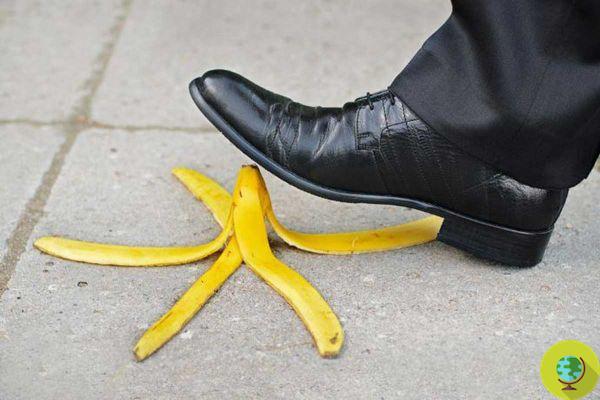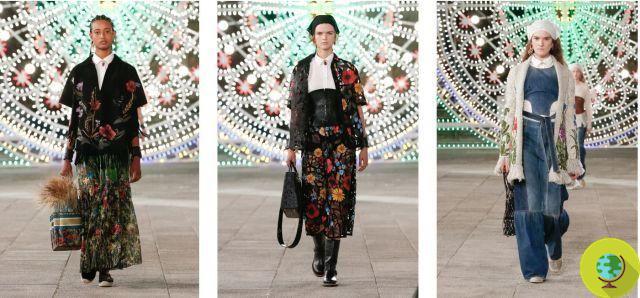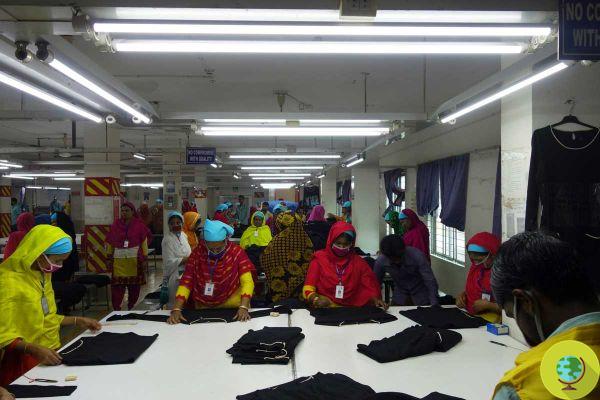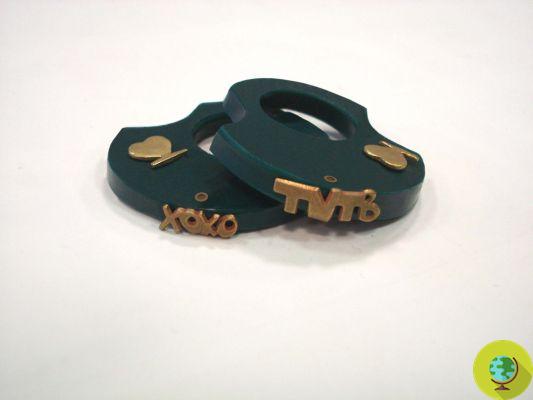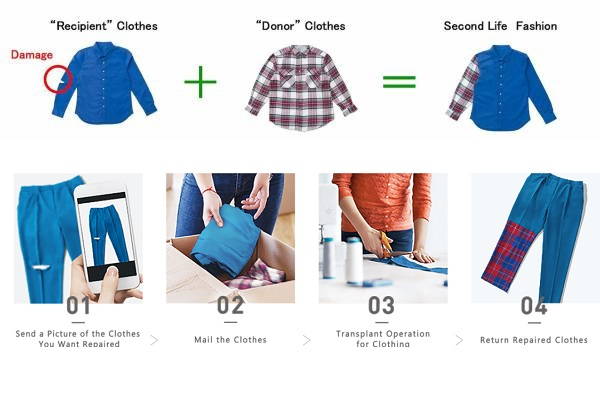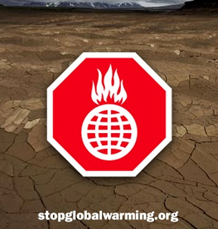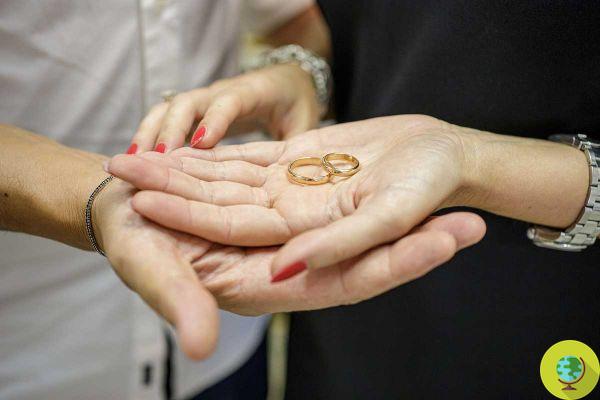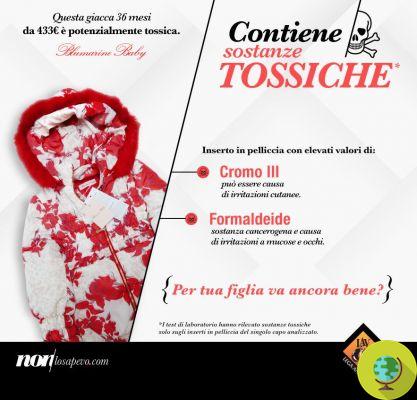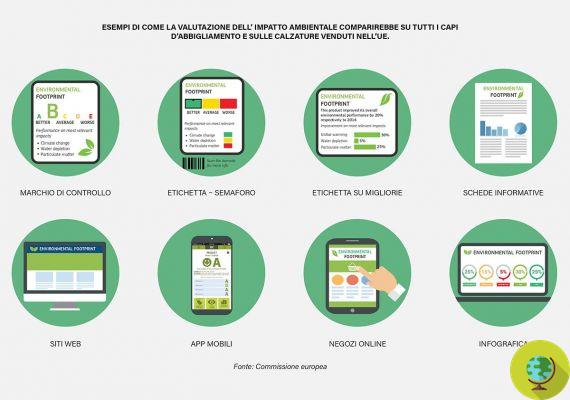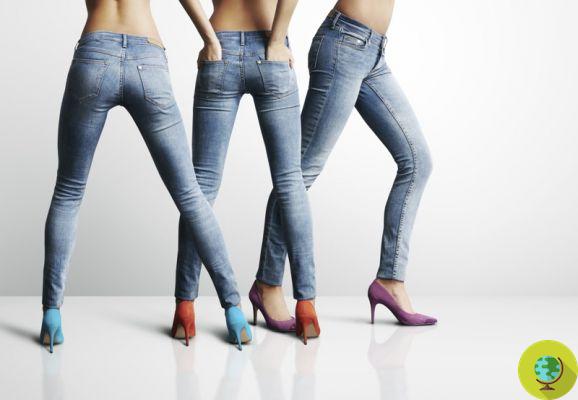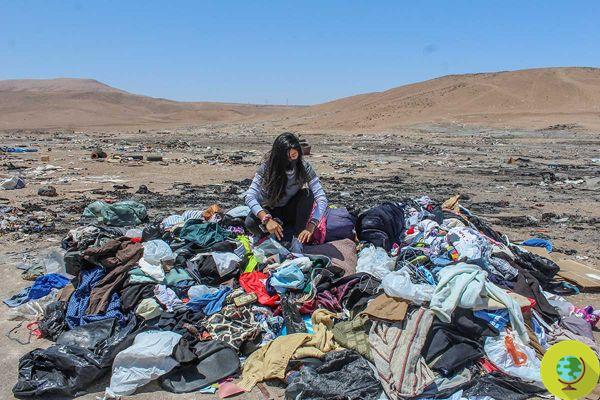
The new package of proposals for the EU circular economy also includes measures to counter the fast fashion that is to be eliminated by 2030, making the fabrics with which clothes, shoes and accessories are made more durable and recyclable.
Don't store avocado like this: it's dangerous
The European Commission recently presented a package of proposals to make products more sustainable and promote circular economy models. A discourse that cannot but also involve fast fashion, the disposable fashion that Europe wants to combat and eliminate by 2030 in favor of more durable and sustainable clothing.
Not surprisingly, among the new proposals included in the “circular economy” package there is a new strategy that it intends making fabrics more durable, repairable, reusable and recyclable.
As Frans Timmermans, European Commission Vice-President responsible for the EU Green Deal said:
The products we use every day must last. If the products break, we should be able to repair them. (…) The clothes we wear should last more than three washes and should also be recyclable.
The environmental impact of fast fashion
The environmental impact of what we wear every day is still too underestimated. Instead, we should all know that textile consumption in Europe has the fourth largest impact on the environment and climate change, after food, housing and mobility.
The fashion sector is also the third area of consumption of water and soil and the fifth for the use of raw materials.
We understand then how important and urgent it is for Europe to truly manage to make fabrics as sustainable and circular as possible by 2030, as is already planned.
- fundamental objectives the following are established: to make the clothes, shoes and accessories we use every day not only long-lived and made as much as possible with recycled fibers but also free of dangerous substances and produced in full compliance with the rights of workers and the environment.
A discourse which, inevitably, primarily involves producers who, according to the EU Commission:
they must take responsibility for their products along the value chain, even when they become waste. In this way, the circular textile ecosystem will flourish and be driven by sufficient capacity for innovative fiber-to-fiber recycling, while the incineration and landfilling of textiles must be minimized.
In fact, we often forget one of the saddest aspects of fast fashion, namely that clothes and accessories soon end up in landfills and must be disposed of, with all that this entails in environmental terms. Consider that on average every European citizen throws away 11 kg of clothes, shoes and other textile products every year!
Read also: Disposable fashion is filling the planet with textile waste: we throw away 811% more clothes than in 1960
To counter this huge problem, the EU is now proposing that large companies reveal how much unsold inventory they send to landfills, as part of a wide-ranging plan to block the throwaway culture.
EU proposals to make fashion more sustainable
The ambitious objective on which the EU is working, that is to make fast fashion "out of fashion" is based on some proposals, already presented in the European Commission.
It is about:
- include ecodesign requirements for textiles
- make the information clearer
- create a digital product passport and a mandatory EU extended producer responsibility regime
- counteract the involuntary release of microplastics from fabrics
- ensure the accuracy of ecological claims
- promote circular business models, including reuse and repair services
As already mentioned, the main goal is to make the clothes we wear more durable and sustainable. For example, manufacturers may be asked to use a certain amount of recycled content in their products or to limit the use of materials that are difficult to recycle.
The strategy also calls for companies to take responsibility and take action to minimize their carbon and environmental footprint. The Member States, for their part, will have to adopt favorable tax measures for the reuse and repair sector.
If the proposals actually go into effect, they could have a big impact around the world, considering that nearly three-quarters of the clothing and home textiles sold in the EU are imported from other countries.
Fonti: European Commission / The Guardian
Follow your Telegram | Instagram | Facebook | TikTok | Youtube
Read also:
- Terrible, the Atacama desert is now the graveyard of fast fashion (and it's our fault too)
- Fast fashion: so Shein made false statements about the working conditions of his factories
- “Zara, H&M, Levi's have dyed the rivers of Africa blue”. The shock report on the dark side of fast fashion
- Fast fashion: the fake e-commerce with mega offers that reveals the "invisible" price of disposable fashion
- Worldwide, fast fashion does not pay factory workers (and makes them pay for the Covid-19 crisis)
- From Armani to Benetton: all the European fashion giants who exploit workers in Romania




